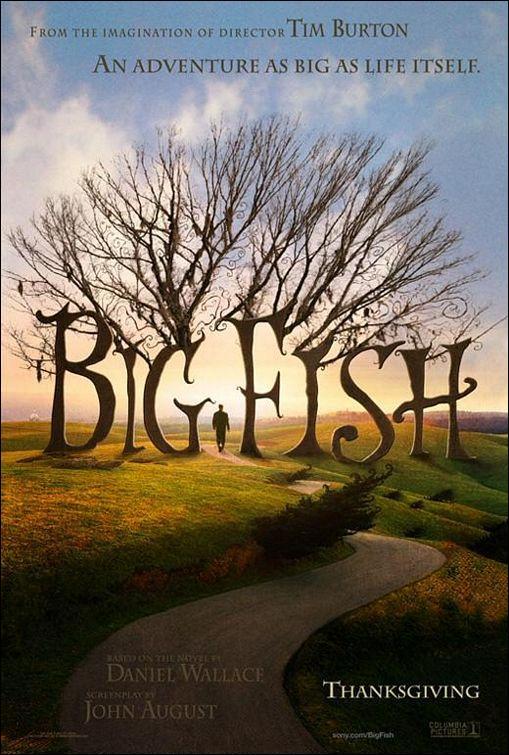He remains without question one of the greatest original film directors working in America today.
Indeed, his talent and originality
have kept him at the top of the profession where he occupies a very special place, somewhere between the mainstream and the avant-garde,
in that region of cinema occupied by artists whose worldview is so unconventional
that it attains popular appeal.
In 1989, Tim Burton directed the hugely famous Batman which,
although his very personal film, was one of the most watched movies of all time and gave him
unprecedented recognition in Hollywood, considering the
originality and adventurousness of his previous films (for example Beetlejuice in 1988).
Edward Scissorhands (1990), another hit, saw him at the
peak of his creating powers and established a fruitful
working tandem with actor Johnny Depp who played in his 2005 film adaptation of Roald Dahl’s book Charlie and
the Chocolate Factory and who became one of his most esteemed since their
first film together.
In 1992, Batman Returns was a much darker film than the original, a reflection of how much creative freedom Tim Burton had won (seen as Warner Bros were reputedly unhappy
with the final result).
And even though Ed Wood (1994), his loving tribute to the life and work of the legendary ‘Worst Director of All Time’
Edward D. Wood, Jr., was a box-office disaster, it got some of the best reviews of Burton’s career.
In fact, Tim Burton is known both for his dark, quirky-themed films like Sleepy Hollow, Corpse Bride, Sweeney Todd: The Demon Barber of Fleet Street, or Dark Shadows (2012) and for blockbusters such as Pee-Wee's Big Adventure, Batman, Planet of the Apes, Charlie and the Chocolate Factory and Alice in Wonderland (2010), one
of his most recent films, which became the fifth highest-grossing film of all time.
Burton has directed 18 feature
films as of 2014, and has produced 12 as of 2012 (among which the very nice stop motion tale called The Nightmare Before Christmas in 1993).
All in all, Tim Burton’s films consistently challenge the spectator’s eye, push forward the bonds of filmmaking and bring to life
previously unthinkable characters (like Edward Scissorhands).
Taken as a whole, his work consists on the confrontation of the fantastic and the real, and the consequences of these two worlds intermingling.
Big Fish, Burton’s 2003 effort, is no
different. And yet, somehow,
it is not really the same.
On the surface, it would appear to have all the characteristics of a classic Burton film: a magic
screenplay, fairy-tale characters, flights of imagination, forces of nature (as well as the supernatural), far-fetched situations and vastly imaginative visual
style and imagery. The movie is, in fact, packed with fanciful episodes that it
begins to feel like a loose
adaptation of The Odyssey, told from the mouth of an aging character
named Ed Bloom, a story-teller and dreamer who sees the world with beautiful eyes.




Very well done, Clara.
ReplyDelete